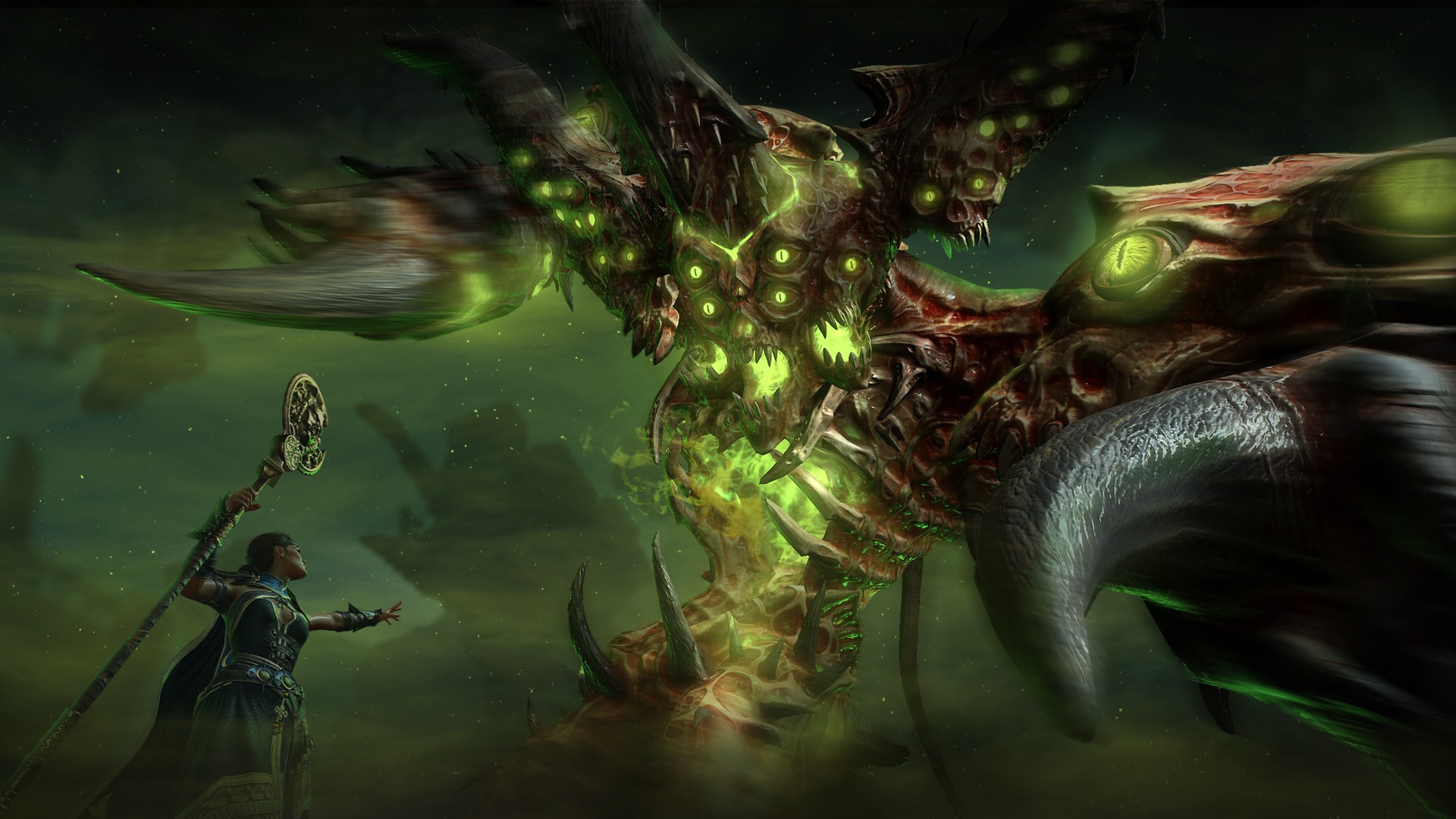The theatre world of Lillete Dubey

‘Autobiography’, an English play produced and directed by Lillete Dubey will be performed at Kala Academy on May 4. Dubey, who also stars in the stage production, speaks to BUZZ about the play and other aspects of her career RAMNATH N. PAI RAIKARNT NETWORK Tell us about ‘Autobiography’, which incidentally you had first staged some three decades ago. I loved the script of ‘Autobiography’ when I first read it years ago. It’s layered, sophisticated in its structure; a mature, moving, real, dense and humorous script, with wonderfully delineated and complex characters! We initially opened it in 1996 in Delhi and ran houseful for 10 shows but because of my husband’s work we had to move to Mumbai, and I had to close the play. But I vowed to do it again in future. Finally, the moment was right this year so I re-designed and recast it with a great cast, and here we are again with a lovely new production of it. You had performed earlier in Goa. How did you find the Goan audience? I have performed several plays over the years in Goa. I have also curated theatre for the Serendipity Festival and have seen the audience for theatre grow exponentially over the years. Given the tiatr traditions, the Goan audience is not unfamiliar with theatre. Besides Mahesh Dattani, whose plays you have produced and directed, is there a contemporary playwright whose works you would like to handle? Or are you interested in the tried and tested plays from the past? The raison d’être to open my own theatre company in 1991 was to perform original Indian writing translated in English – whatever the original language of the play may be – and I’ve mostly followed that philosophy. Classics are brilliant – and many are hardly done today – but I’m always looking for contemporary writers too. Apart from doing the work of well known playwrights like Mohan Rakesh, Vijay Tendulkar, Girish Karnad, and Mahesh Dattani, many of whose plays we have premiered, we have also done plays written by Partap Sharma, Kishwar Desai, as also plays based on the short stories of Mahashweta Devi, Shobha De, Twinkle Khanna, Gita Mehta, Wajida Tabassum, etc. A good script with meat on the bone and an interesting and relevant subject is what one looks for. You have been acting, directing, and producing plays for over four decades. You have also co-founded the Primetime Theatre Company. Are there some plays which are very close to your heart? There are some plays which are very special to me in our repertoire, for different reasons – ‘Dance like a Man’ for being our first original Indian play that turned out to be a huge success, and others for their themes, or wonderful scripts, or some extraordinary performances like by Ira Dubey in ‘9 Parts of Desire’. There are others which are special for broaching difficult subjects like gender, homosexuality, and sexual abuse. ‘Dance Like a Man’ is considered the longest running Indian play in English, having completed over 650 shows. Tell us about this achievement. When we decided to take the road less travelled in 1995 – when English theatre consisted only of plays written by famous foreign playwrights – and go the original way, we were very excited and nervous. However, I felt strongly that we needed to find our own voice in Indian English theatre. ‘Dance like a Man’ was our first foray into this area. Its resounding success is what has emboldened us to believe that we have followed the right path in encouraging and platforming original work. It’s at 690 odd shows today and close to completing 700 shows very soon across five continents. You acted in several films, however the number of films you have done seem far less than what you could actually have done. Did theatre prevent you from acting in films? I’ve always called myself an accidental film and screen actor. In 1998, I joined films purely by chance not intent, when I was in my mid-forties. I had done a considerable amount of work for cable television including Zee and Star before that. Back then most actresses were hanging up their boots at that age, not starting a career in cinema! Shyam Benegal asked me to do a role in ‘Zubeida’ and things just snowballed after that. I never went chasing films. If I have done almost 75 films, feature and shorts, nationally and internationally, in addition to OTT web series then they have simply happened on their own. Theatre was and always will be my first love; the thing that nourishes my soul. Being a producer, director, and actor, and then having to run a theatre company, you must be having your hands quite full! Frankly speaking, do you have life outside the theatre world? Of course I do! I’m very close to my family, my siblings, my lovely daughters, my wonderful six-year-old twin granddaughters and my friends. I love travelling, reading, playing bridge and scrabble when I can, besides watching films. You need to break away from your passion to recharge and refresh yourself, and understand and enjoy other aspects of life to be a complete artist. Do present-day theatre productions face financial challenges, or are financers ready to support them? Sadly, there never have been nor will be people with bags full of money for theatre! We are mostly solo flyers who run on passion, common sense, and a prayer. In our company we have worked out a financial model by which luckily we have kept it running successfully for nearly 35 years! Audiences form important part of the theatre world. Do they still support Indian plays, especially with ticket rates rising exponentially? Everything vis-à-vis theatre has become enormously expensive over the years, from theatre venues to technical equipment, advertising to payment for actors, crew, and playwrights, and so on. If we don’t maintain ticket rates at a certain price, we will be out of pocket even if houses are completely full of which there is no guarantee. Moreover when audiences are willing to pay for expensive movie tickets and snacks – and films are not even live performances – why do they find theatre tickets so expensive? And many are happy to pay exorbitant prices for shows abroad without blinking. You have seen the evolution of Indian theatre, first as an audience and then as part of the theatre world. How does Indian theatre stand today in comparison to global theatre? The most important difference is that a lot of theatre abroad has state funding. Venues and many productions have funding from arts councils. Commercial theatre globally is a big business and has huge investors. The size of the theatre audience is also huge abroad. We have no state funding, zero financial support of any kind, and still we soldier on. And yet, the theatre practitioners are growing every year just as the audience is slowly increasing. It’s a miracle! Finally, is there a play which you would like to produce or act in, but have been unable to do so till date? Many! A Shakespeare production, a musical story of Sindh where my ancestors and parents came from, a production based on short stories of women writers, a new Hindi production… The list goes on!









![In 1972, the Soviet Union launched the Kosmos 482 probe to visit Venus. 53 years later, it's finally coming home [Interesting]](https://usrimg-full.fark.net/N/NJ/fark_NJrd_k-mYBHFE5PqSIUa6IwZuBw.jpg?AWSAccessKeyId=JO3ELGV4BGLFW7Y3EZXN&Expires=1746417600&Signature=tC6kHOl0j0aYQhJG1w%2F7UvxreW4%3D)








